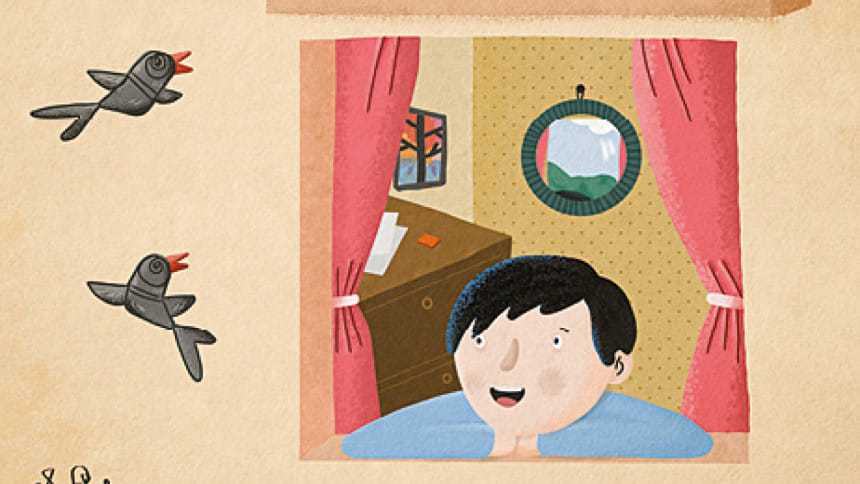Making art in times of a pandemic

Human life entails some degree of misfortune. At the core of misfortune lies uncertainty, which gives rise to an acute sense of powerlessness among people. If anything, the Covid-19 pandemic has made this fact very intuitive. In such trying times, art can be, and often is, used as a tool to fight this uncertainty.
Art, no matter what, cannot replace the need for proper healthcare, financial stability, or effective policymaking. In the same vein, engaging in creative projects requires a base level of privilege, which not all people have during a pandemic. Lastly, everyone copes with trauma differently, which means art will not be of utility to all. However, to the people who respond well to art, it can be an effective tool in the face of adversity. At the very least, it can provide the artist with some headspace. The value of art truly shines when it is used to craft new and empowering narratives during tough times.
Looking back at history, one will find music detailing tragedy and victory, and paintings depicting trauma and hope. Both anecdotal evidence and a growing body of research support the positive impacts creating art can have. And people are catching on. While scrolling through social media, one will find more than the usual number of sketches, comedy skits, and poetry verses tucked between the regular news and awareness posts. At the same time, online spaces dedicated to showcasing user-submitted art are now brimming with entries. Through this collective art creation, people are finding comfort and forging communities.
This surge in art posts on social media is an indication of the newfound value placed on creating art. Even if a person chooses not to showcase their artwork online, it does not take away from the value the art-making process can bring to the person. The time and energy that could have been spent on mindlessly consuming content, is now spent on engaging in something creative and fulfilling. In doing so, the artist reclaims whatever degree of agency they have, which allows them to interpret the circumstances in their own way.
"Having the liberty to express my emotions through different mediums of my art is my only form of closure in this state of uncertain solitude," says Venessa Kaiser, an architect and artist who has found solace in her creative endeavours. Even if the uncertainty of the times do not diminish in any way, the sense of powerlessness in people does fade. That is a reason compelling enough to make time for creativity, especially now.
In the best case scenario, a person can make sense of their losses and create empowering narratives for themselves. In the worst, such artistic endeavours serve as distractions only. However, in times of a pandemic, being able to take one's mind off trauma is a meaningful enough end, too.

 For all latest news, follow The Daily Star's Google News channel.
For all latest news, follow The Daily Star's Google News channel. 



Comments